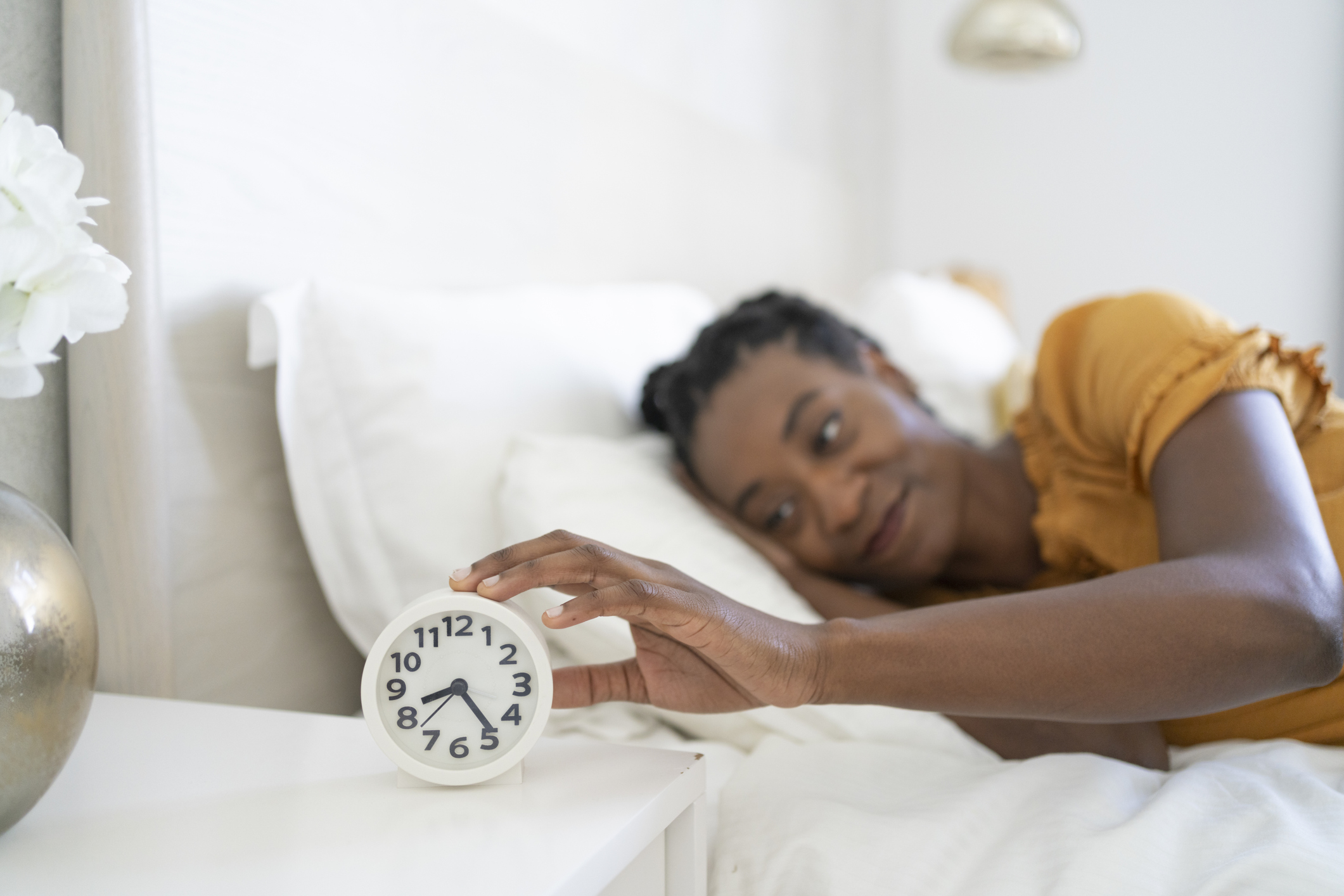It is that time of the year again to move the clocks forward which means losing an extra hour of sleep to Daylight Saving Time.
Daylight Saving Time, an old-age practice that occurs twice a year, takes place on March 10 in 2024. The American tradition originated during World War I as a strategy to lower energy costs and have the sunset at a more favorable hour. The rest is history, as the action remains a longstanding tradition nationwide.
It’s already challenging to get the recommended nightly 7 to 9 hours of sleep, so losing an hour can have damaging effects on the body. Some health effects linked to Daylight Saving Time include fatigue, changes in blood pressure, headaches, weight gain and other factors.
Daylight Saving is hard enough on the body, so here are three tips to make the time adjustment less harsh.
Gradually Adjusting Your Sleep Routine
Changing your sleep schedule by slight increments will do wonders for your body as it adjusts to the time change. According to the American Academy of Sleep Medicine, shifting your bedtime by going to sleep 15-20 minutes earlier each day can aid in the body’s adjustment and fight against the adverse effects of a lack of sleep.
Switching Your Workout Routines To The Evenings
Researchers have debated throughout the years whether working out in the later part of the day impacts sleep. In recent years, research has proven against the idea that evening exercise disrupts sleep patterns. In fact, Healthline reported that two studies conducted in 2020 on men and women who completed moderate-intense workouts did not have trouble falling asleep that same night. Exercising at least 90 minutes before bedtime gives the body ample time to relax and contribute to a quality night of rest.
Basking In The Sun Following The Time Change
Exposing the body to sunlight does help the body’s internal clock regulate to the new schedule of the sun and moon. Light directly affects the body’s circadian rhythm, which alerts the body of its sleepiness and awakening. According to the Sleep Foundation, the best way to decrease sleep disturbances is to go outside into the sunlight or be near a window to expose yourself to natural lightning.
